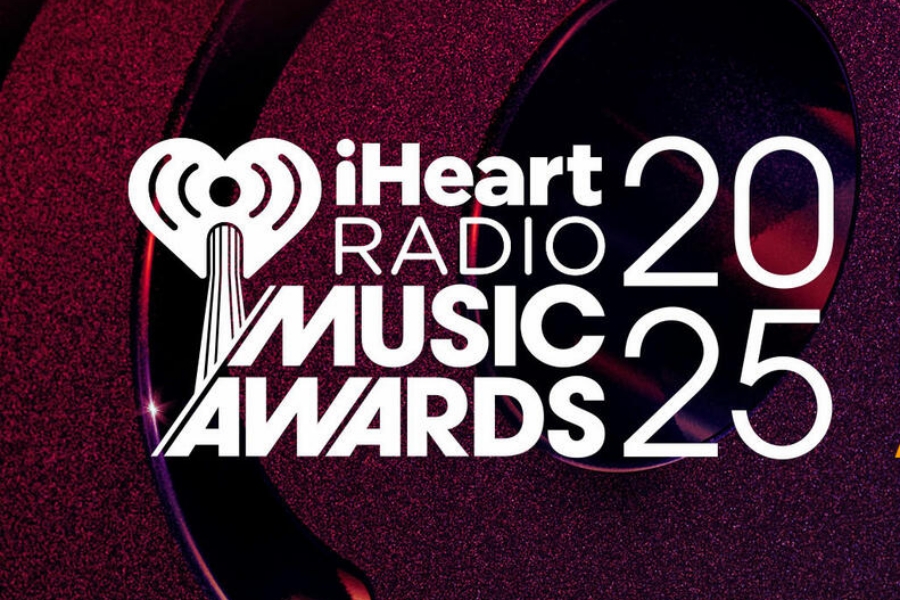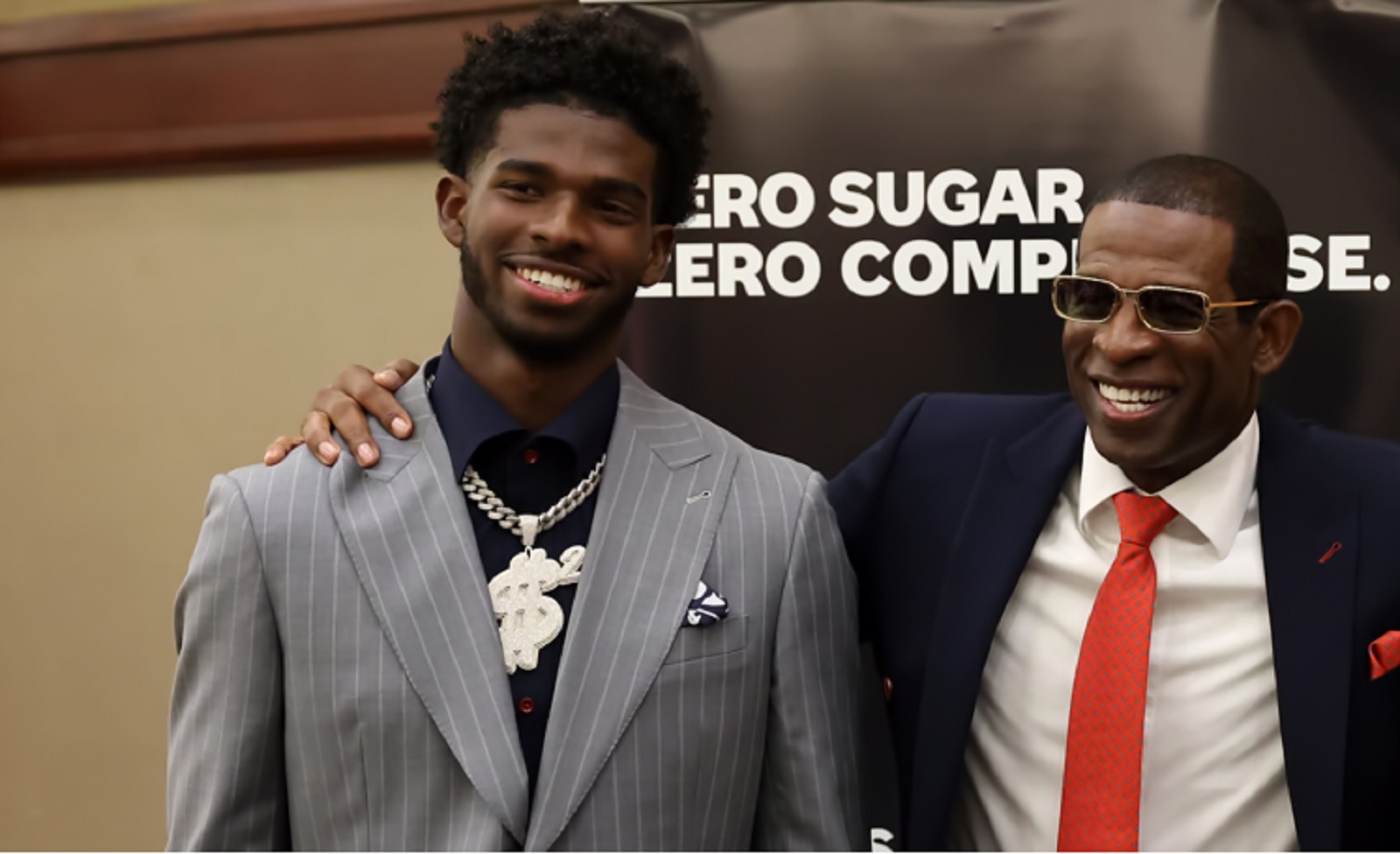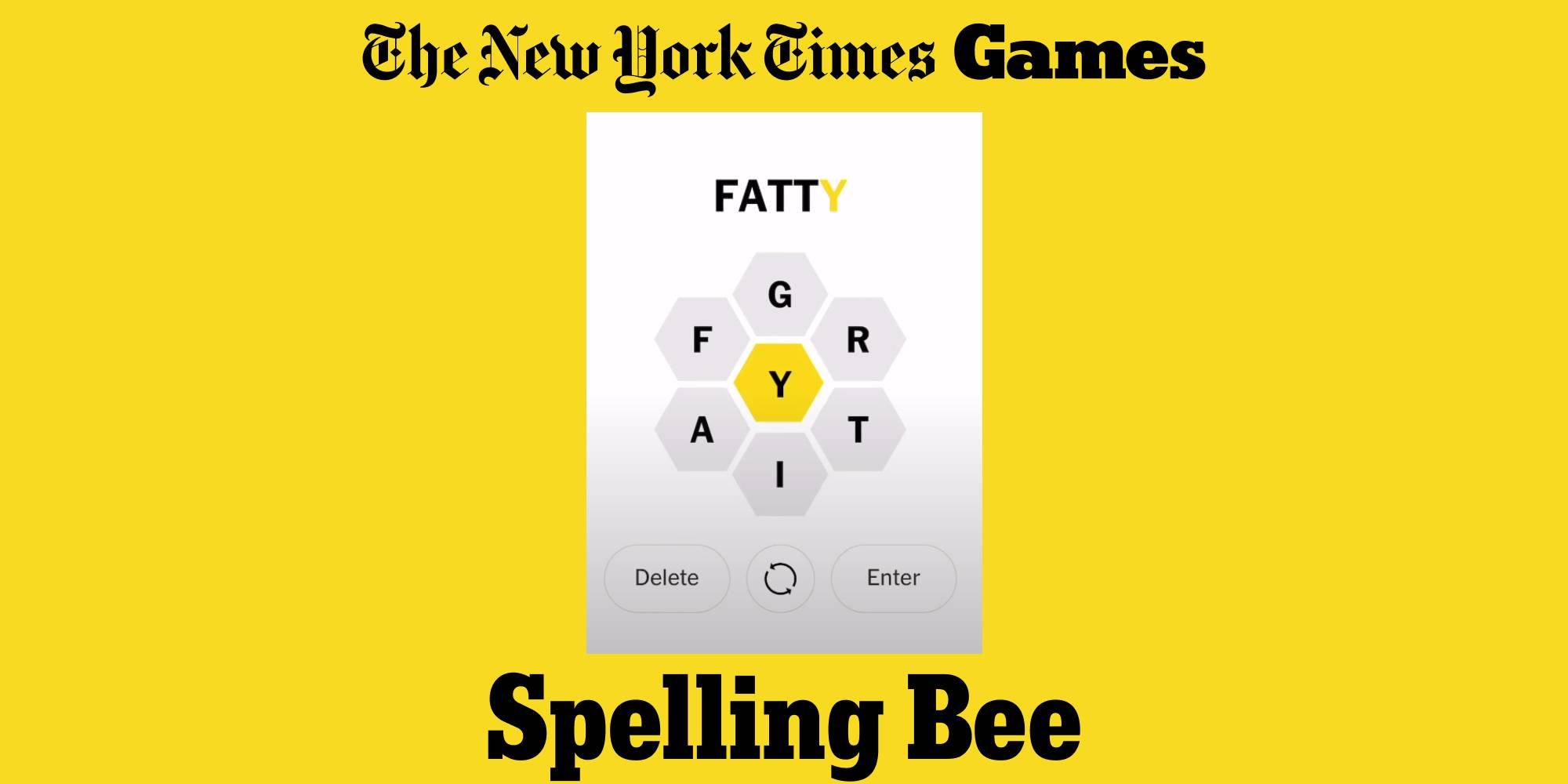FTC's Appeal Could Block Microsoft's Activision Blizzard Acquisition

Table of Contents
The FTC's Arguments Against the Acquisition
The FTC's antitrust lawsuit against the merger centers on concerns about market dominance and reduced competition. Their arguments revolve around several key issues:
-
Monopoly Concerns: The FTC argues that the acquisition would give Microsoft an unfair competitive advantage, particularly in the lucrative cloud gaming market. This market is rapidly expanding, and the FTC fears Microsoft would leverage its control over Activision Blizzard's extensive game catalog to stifle competition.
-
Call of Duty Exclusivity: A major point of contention is the potential for Microsoft to make popular titles like Call of Duty exclusive to Xbox, significantly harming competitors like PlayStation and Nintendo. This could force gamers to switch consoles or gaming platforms, effectively creating a monopoly.
-
Microsoft's Acquisition History: The FTC highlights Microsoft's past acquisitions of game studios, arguing this demonstrates a pattern of behavior aimed at suppressing competition and consolidating power within the gaming industry.
-
Harm to Consumers: Ultimately, the FTC's appeal is based on the belief that the merger would reduce competition and ultimately harm consumers through higher prices, less innovation, and limited game choices.
Microsoft's Defense and Counterarguments
Microsoft strongly defends its acquisition, claiming it will benefit gamers and foster competition. Their arguments include:
-
Expanding Game Access: Microsoft maintains the acquisition will broaden access to games through its Game Pass subscription service, benefiting players with more choices at a potentially lower cost.
-
Call of Duty's Continued Availability: They've pledged to keep Call of Duty available on PlayStation for a "number of years" following the acquisition, aiming to address the FTC's concerns about exclusivity.
-
Innovation in Cloud Gaming: Microsoft argues that the merger will actually spur innovation and competition within the cloud gaming sector, allowing for more robust and accessible cloud gaming experiences for consumers.
-
Flawed Economic Analysis: Microsoft claims the FTC's concerns are based on flawed economic analysis and don't accurately reflect the competitive realities of the gaming market.
The Role of Cloud Gaming in the FTC's Appeal
Cloud gaming is a key battleground in this antitrust battle. The FTC is deeply concerned about Microsoft’s potential dominance in this rapidly growing market segment.
-
Market Share Consolidation: The FTC argues the acquisition would further consolidate Microsoft's already significant market share in cloud gaming, creating an insurmountable barrier for competitors.
-
Game Pass Advantage: Integrating Activision Blizzard's extensive game library into Microsoft's Game Pass subscription service would give them a considerable competitive advantage, potentially making it difficult for other cloud gaming services to compete.
-
Stifled Innovation: The FTC fears this dominance could stifle innovation and limit consumer choice in the cloud gaming space, ultimately harming the long-term health of the market.
Potential Outcomes and Implications of the Appeal
The FTC's appeal carries significant weight. Several potential outcomes exist:
-
Blocked Acquisition: A successful FTC appeal would completely block the Microsoft-Activision Blizzard deal, sending ripples throughout the gaming industry.
-
Setting a Precedent: The outcome will set a crucial precedent for future mergers and acquisitions in the gaming industry, influencing how regulators approach similar deals in the future.
-
Impact on the Competitive Landscape: The decision will profoundly impact the competitive landscape of the gaming market, affecting the balance of power between different companies and platforms.
-
Prolonged Legal Battle: The legal battle surrounding this appeal could extend for many months or even years, creating uncertainty for both the companies involved and the gaming community.
The Impact on Gamers
The FTC's appeal directly impacts gamers. Key concerns include:
-
Call of Duty Availability and Pricing: The future availability and pricing of popular titles like Call of Duty are paramount concerns for many gamers, and the outcome of the appeal directly impacts these factors.
-
Uncertainty Regarding Future Game Releases: The ongoing legal battle introduces uncertainty about future game releases and which platforms they will be available on.
-
Long-Term Consequences: The long-term consequences for the gaming community remain uncertain, pending the final ruling and its implications for competition and innovation.
Conclusion
The FTC's appeal against Microsoft's Activision Blizzard acquisition is a pivotal moment for the gaming industry. The outcome will dramatically shape competition, innovation, and the gaming experience for millions. The arguments surrounding antitrust, cloud gaming dominance, and the fate of Call of Duty highlight the complexities involved. Stay informed about updates on the FTC’s appeal to fully grasp the potential impact of this monumental Microsoft Activision Blizzard acquisition. Understanding the implications of this merger is crucial for anyone invested in the future of gaming.

Featured Posts
-
 2025 I Heart Radio Music Awards Benson Boones Sheer Top
Apr 26, 2025
2025 I Heart Radio Music Awards Benson Boones Sheer Top
Apr 26, 2025 -
 Deion Sanders On Son Shedeurs Speed Or Lack Thereof
Apr 26, 2025
Deion Sanders On Son Shedeurs Speed Or Lack Thereof
Apr 26, 2025 -
 February 3rd Nyt Spelling Bee 337 Hints Solutions And Strategies
Apr 26, 2025
February 3rd Nyt Spelling Bee 337 Hints Solutions And Strategies
Apr 26, 2025 -
 Wealth Power And Conflict The American Battleground
Apr 26, 2025
Wealth Power And Conflict The American Battleground
Apr 26, 2025 -
 Ai Powerhouse Alterya Acquired By Blockchain Giant Chainalysis
Apr 26, 2025
Ai Powerhouse Alterya Acquired By Blockchain Giant Chainalysis
Apr 26, 2025
Latest Posts
-
 Ariana Grandes Style Evolution Professional Insights On Her New Look
Apr 27, 2025
Ariana Grandes Style Evolution Professional Insights On Her New Look
Apr 27, 2025 -
 Hair And Tattoo Changes Ariana Grandes New Look Analyzed Professionally
Apr 27, 2025
Hair And Tattoo Changes Ariana Grandes New Look Analyzed Professionally
Apr 27, 2025 -
 Ariana Grandes Transformation Expert Opinions On Hair And Tattoos
Apr 27, 2025
Ariana Grandes Transformation Expert Opinions On Hair And Tattoos
Apr 27, 2025 -
 Understanding Ariana Grandes Hair And Tattoo Choices A Professional View
Apr 27, 2025
Understanding Ariana Grandes Hair And Tattoo Choices A Professional View
Apr 27, 2025 -
 Ariana Grandes Bold New Style Hair Tattoos And Professional Insights
Apr 27, 2025
Ariana Grandes Bold New Style Hair Tattoos And Professional Insights
Apr 27, 2025
